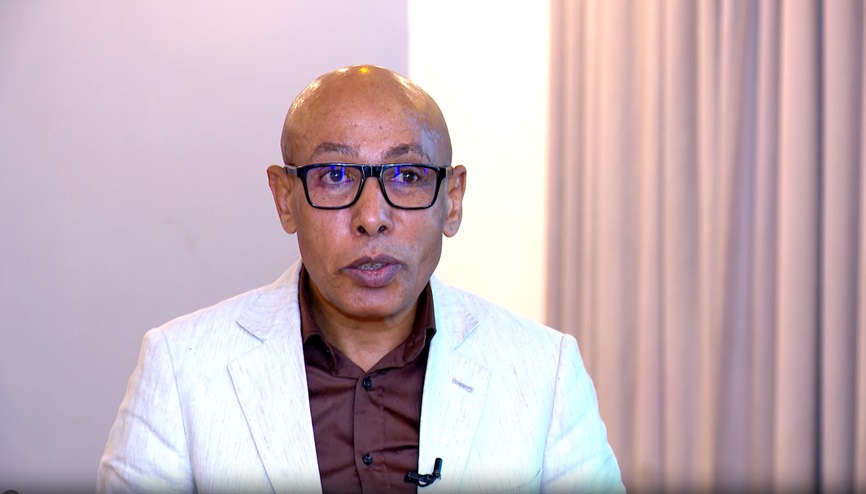Ethiopia's Macroeconomic Reform Boosts Export, Import Substitution: Industry Dev't Institute - ENA English
Ethiopia's Macroeconomic Reform Boosts Export, Import Substitution: Industry Dev't Institute

Addis Ababa November 14/2024 (ENA) Manufacturer Industry Development Institute has confirmed tha Ethiopia's recent macroeconomic reform is playing a significant role in stimulating inclusive economic activities, particularly export performance and import substitution.
Deputy Director General of the Manufacturer Industry Development Institute, Hadgo Haile Kiross highlighted the remarkable progress achieved in the first quarter of the current Ethiopian fiscal year.
Ethiopia has embarked on full implementation of macroeconomic reform to enable the country achieve high and stable economic growth, maintain single-digit inflation, and build a globally competitive economic system.
The full implementation of the policy is expected to establish the prosperity of the nation on firm foundation.
Experts have been showing strong optimism that Ethiopia is in the right track in its effort to enhance the overall economy through the implementation of the reform.
In his exclusive interview with ENA, the Deputy Director General of the Manufacturer Industry Development Institute, Hadgo Haile Kiross emphasized that comparing to the same period last year; exports have surged by a staggering 84 percent.
Import substitution has also seen positive growth, with a 1.3 percent decrease in imported goods during the first quarter compared to the previous year.
He attributed this success to the "Made in Ethiopia" initiative, which has raised public awareness and encouraged the use of locally produced goods.
A well-designed import substitution strategy is being implemented, leading to the complete replacement of imported items like furniture with locally manufactured products.
The Deputy Director General emphasized the critical role of supporting the manufacturing sector to drive Ethiopia's industrialization reform.
He noted that the government is placing unprecedented emphasis on this sector for the first time.
He commended Prime Minister Abiy Ahmed's commitment to industrial development.
The Prime Minister's visits to factories aim to understand and address the challenges faced by manufacturers, including issues like access to electricity and raw materials.
The macroeconomic reform has also yielded positive results for gold exports. Previously, gold was often exported through unofficial channels.
However, the unification of the parallel and official markets following the reforms has led to a significant increase in gold deposited at the treasury, contributing to the rise in gold exports from 649 percent to 841 percent.
He concluded by highlighting the positive impact of the reforms on both local and foreign investors.
The reforms have stimulated interest from both domestic entrepreneurs and foreign direct investors (FDI).
Manufacturing sector is one of the five critical pillars of Ethiopia’s homegrown economic reform which is under implementation over the past years.
The role of the manufacturing sector in creating jobs, substituting imports and becoming globally competitive as well as earning foreign currency is indispensable.
The nation has been intensifying the manufacturing sector by creating conducive working environment such as the expansion of industrial parks across the country and realistic policies as well as the "Made in Ethiopia" movement.